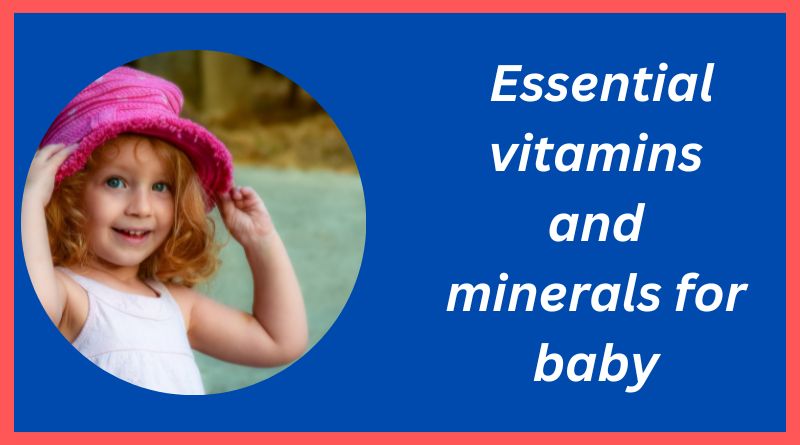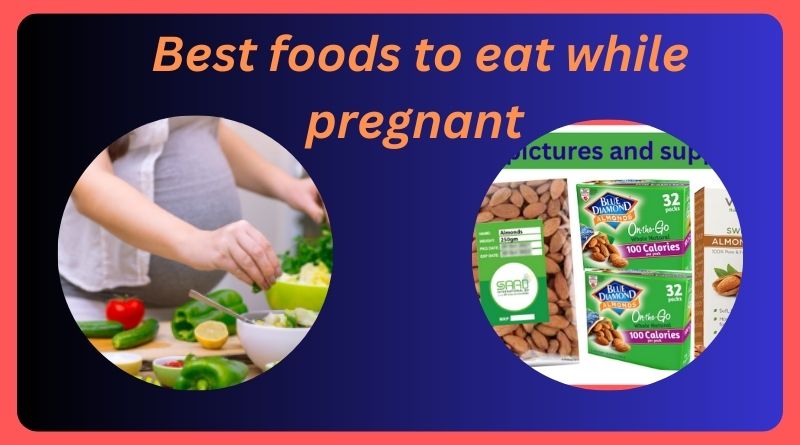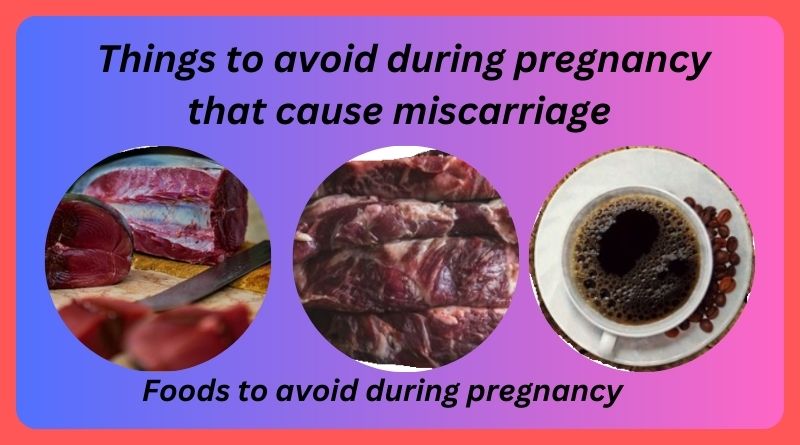Postpartum Constipation: immediate constipation relief during pregnancy home remedies. (causes, foods, tips) Constipation is one of the most common problems in today’s society, affecting approximately 14% of the population, mostly healthy women.
Pregnancy itself predisposes to constipation due to various factors, such as the action of certain pregnancy hormones such as progesterone (which decreases and slows down gastrointestinal transit), mechanical problems due to the growth of the uterus, less physical activity, or greater use of iron supplements during this period.
Approximately 40% of women suffer from constipation during pregnancy, especially during the first trimester, although it is not a problem exclusive to this period. On the other hand, statistics show us that this disorder affects first-time mothers to a lesser degree, that is those women who are going to be mothers for the first time.
Constipation is a condition that causes great discomfort and, in addition to affecting your quality of life, can favor the appearance of problems such as hemorrhoids.
Top 10 Tips for immediate constipation relief during pregnancy home remedies
Now that you know the causes, let’s go to what matters to you:
What to do if you suffer from constipation during the postpartum period?
Below we detail a series of tips to mitigate and eliminate constipation after pregnancy. Some very simple instructions to follow will surely help you solve this uncomfortable situation as soon as possible.
- Drink lots of water: (Stay well hydrated) During pregnancy, the intestine absorbs much more liquid, causing the stool to be harder. If you drink more water you will help soften them and facilitate their expulsion.
2. Increase the intake of fiber in the diet (whole grains, fruits, vegetables).
Helps to improve intestinal transit and favors the regularity of intestinal transit. Among the foods suitable for relieving constipation are whole grains, fruits such as plums, vegetables…
3. Avoid fried and spicy: Fried foods do not help good digestion and in the case of spicy food, it aggravates the problem of hemorrhoids.
4. Eliminate apples, rice, cheese, or tea from your diet during the first weeks postpartum.
5. Activate the body: As soon as the wounds heal, it is advisable to start practicing moderate exercise to improve intestinal transit. It helps internal organs find their place again and normalize traffic.
6. Go to the bathroom as soon as you feel the need, without holding it. Take it easy, she tries to be relaxed and calm on the toilet.
7. Do not lie down immediately after eating. Your stomach, your sleep, and your intestines will thank you.
8. Pain-relieving drugs and laxatives can help you at specific times to relieve constipation, but it is not recommended to abuse them.
9. Incorporate probiotics into your daily diet as they help you maintain a balanced intestinal flora and facilitate transit. Probiotics can improve bowel movement frequency and stool consistency.
10. Eat whole foods: avoid passing vegetables and fruits through the potato mill because most of the fiber will be lost.
Foods for immediate constipation relief during pregnancy home remedies
As we have already said, food to avoid constipation must be rich in fiber, that is, it is made up mainly of foods such as fruits, vegetables, legumes, and whole grains.
Probiotics will also help the intestinal flora to be healthy, which is why it is recommended to take yogurt, kefir, or sauerkraut in the diet. Do not forget to drink water throughout the day and use olive oil in the dishes to promote lubrication of the intestine.
There are foods that, due to their composition, can help combat constipation, these are:
To promote intestinal peristalsis, it is recommended to drink a cup of warm water on an empty stomach.
Foods to avoid:
Avoid processed foods such as baguettes or molded bread, cookies, pastries, charcuterie products, etc. In periods of constipation, it is also advisable to avoid white rice and tea and temporarily moderate astringent foods such as green bananas, apples without skin, and cooked carrots.
How to relieve constipation during pregnancy immediately
The first step is to correct bad habits and adopt attitudes that favor bowel movements. You have to fight against immobility, and that has to lead you to take daily walks of at least 30 minutes.
It is always a good trick to take advantage of the journeys to work to move a little. Correct hydration is important, and for this, we must drink at least 1.5 liters of liquid every day, if it is 2 liters better.
It can be water juices or infusions. Choose foods rich in fiber. Whole grains, fruit (highlight figs and dried plums and dates), vegetables (especially artichoke, chard, and spinach), legumes, and some nuts (almonds and peanuts).
Another very favorable habit is to find time every day to sit on the toilet waiting for “inspiration”. It is about creating a routine that if we get used to a moment of our day will favor the usual evacuation. And above all, try not to suppress the desire to go to the bathroom when it appears.
Otherwise, when the feces are stored in the rectum, they will have less and less water, and therefore their consistency will be harder and the problem will worsen.
Fiber foods for immediate constipation relief during pregnancy home remedies
Fiber is the true protagonist and it will be a diet that provides us with the necessary amount of fiber through fresh foods that will also nourish us and provide us with water, which will contribute to having a good intestinal transit and not being constipated.
The American Dietetic Association considers that an adult consumes an average of 15 grams of fiber a day, almost half of what they should take since it is recommended that a woman consume around 25 grams of fiber a day and a man around 38 grams of fiber.
The Spanish Society of Community Nutrition also follows these recommendations, recommending >25 grams of fiber for women and 30 grams for adult men.
Insoluble fiber (present in vegetables, whole grains, and legumes) provides volume to stool and soluble fiber (present in fruits, nuts, seeds, vegetables, and legumes…) absorbs water, forming a gel and giving consistency and hydration to feces.
It is also important to highlight that the increase in fiber consumption must be progressive and it is not recommended to take very high amounts of dietary fiber either, since it will lead to a very rapid intestinal transit that can generate nutrient malabsorption,
in addition, an excess of fiber combined with a low water intake can also lead to a period of constipation since it would produce a plugging effect.
Benefits of probiotics for immediate constipation relief during pregnancy home remedies
Maintaining a balanced intestinal microbiota helps prevent and eliminate constipation. It is necessary to care for and protect the intestinal flora and thus reduce meteorism and facilitate intestinal transit.
Probiotics significantly help to correct constipation due to their positive effect on motility and intestinal function. Among the benefits of consuming foods or supplements with natural probiotics are:
*Reduce intestinal transit time.
*Improve the frequency and consistency of stools.
*Facilitate the expulsion and help the normal intestinal movement.
*Reduce the sensation of bloating, flatulence, and abdominal pain.
*Balance the intestinal microbiota.
Read more: No breast milk after delivery what to do
Physiological factors of constipation after childbirth
*In the case of constipation after childbirth, several physiological factors influence intestinal function not to return to normal.
*The abdominal muscles are strained due to childbirth and are ineffective at first and the bowel may have been traumatized from the stress exerted during the delivery process in childbirth causing pain in the perineal muscles.
*The increase in progesterone levels during pregnancy brings with it relaxation of the intestinal muscles, which does not facilitate the defecation process.
*With pregnancy it is clear that the size of the uterus increases, consequently, the gastrointestinal system is put under pressure, causing it to not work optimally.
*In the postpartum period, the woman hardly exercises due to the postoperative period and the care that she must follow. Lack of exercise contributes to a slower intestinal transit.
*Certain medications are also likely to slow digestion. For example, epidural analgesia can delay the first defecation after childbirth.
*Iron supplementation may increase the risk of postpartum constipation
Read more: Things to avoid during pregnancy that cause miscarriage
Home remedies for postpartum constipation
Apart from what we have listed in the previous section, there are a series of “good practices”, and home remedies against constipation after pregnancy that you can incorporate into your day-to-day.
Some of the home remedies against constipation can be:
*Make yourself a natural orange juice in the morning just after getting up.
*He places about three or four dried plums in a glass with a little water before going to sleep, and the next morning he eats the fruit along with the liquid.
*Add flax seeds to your salads. Flaxseeds are high in fiber, omega-3 fatty acids, and mild laxative properties that can help improve bowel movement after pregnancy.
*Green vegetables such as kale, endive, and spinach are a good source of fiber and Omega-3 fatty oils, which help with bowel movement.
*Coffee consumption promotes bowel movement in some people. So if you are a coffee lover you are in luck.
*Other home and natural remedies for constipation include zucchini soup, aloe vera, sesame seeds, and olive oil with lemon, among others.
*When you go to the bathroom, raise your feet on a stool or object that allows them to be higher than the hips. Maintain a routine, place, and day, when you have enough and necessary time to be in the bathroom until evacuating.
And it responds to the natural pattern of your colon. If you feel like going to the bathroom, don’t put it off. If the problem of constipation after childbirth persists and continues, we recommend that you consult your doctor.
Read more: What does high risk mean in pregnancy
What is safe to take for constipation while pregnant?
Variety of fiber sources:
As we discussed in the previous point, one of the ways to avoid constipation or help reduce it is through a good diet. A diet rich in fiber and vitamins will be one of your best allies.
We tell you what sources of fiber you can eat and some recipe ideas to include in your diet:
*Cereals – These are found in bread, rice, or pasta. You can make some Bagels (oats, natural yogurt, and yeast) to snack on a good homemade plum jam sandwich.
*Fruits and nuts. Some good foods are full of fiber and omega-3. A very simple idea is to make a fruit salad with figs, apples, pears, oranges, and bananas, accompanied by almonds and a splash of lemon juice.
*Vegetables: Among the options with more fiber you can find spinach, chard, carrots, cabbage, or tomato. Some macaroni with pesto and cherries is a simple and very tasty dish.
*Legumes: Peas, chickpeas, or lentils are other options that should not be missing from your diet. For cold days, some good lentils with vegetables are another highly recommended idea.
If you dare to do any of these ideas, you can find all the fresh and tasty products in the Gadis supermarkets. In addition to the above, other foods contain a lot of fiber and will be your allies to combat constipation during pregnancy, take note. Add these toppings to your recipes and you will notice the difference! You can also find them in Gadis supermarkets.
We hope we have helped you a little more to relieve constipation through these tips, but remember to see a medical specialist to find out for sure what will work best for you since each person and each pregnancy is different.
When does constipation start in pregnancy?
The first thing is to know why you suffer from constipation after giving birth. There can be various causes for postpartum constipation.
Several physiological and psychological factors can lead to constipation after childbirth.
Bad eating habits, a sedentary lifestyle, not paying attention to the urge to defecate, not devoting the necessary time to it, a poor diet, insufficient fluid intake,… You can see that there are a variety of reasons but below we will tell you about the most common ones.
Postpartum constipation is defined as a functional bowel disorder after pregnancy characterized by pain and discomfort, straining on defecation, scanty hard stools, and a sensation of incomplete bowel movement.
Read more: Anemia while pregnant types symptoms cause treatment
Causes of postpartum constipation
There are several causes that can cause an increase in constipation during pregnancy. The most notable is due to the natural increase in the hormone: progesterone. This hormone causes the smooth muscle of the colon to reduce its activity and slows down digestion, thus weakening the expulsion of feces.
The more the baby grows, the larger the uterus will be and it may slightly obstruct certain areas of the intestine. Also, physical activity, as the pregnancy progresses, tends to be reduced, something that influences intestinal transit to be slower.
In the second trimester, it is common for you to take iron supplements to avoid possible anemia. These can cause constipation and change the color of the stool; In this case, you should see your doctor.
Read more: Tips for a healthy pregnancy and safe delivery
Conclusion:
During pregnancy, many women experience various changes and symptoms, one of which is constipation.
This health problem is common in pregnancy, however, its relationship with abortion has generated concern in some women. In this article, we will explore the causes of constipation in pregnancy, its symptoms, and recommended treatments.
In addition, we will address the possible relationship between constipation and abortion, clarifying some myths and providing information based on scientific evidence.
It is important to note that constipation is a health problem that can affect the quality of life of pregnant women, but it is not necessarily related to abortion. Therefore, it is essential to be properly informed and consult a specialist in case of presenting symptoms.
Recommended product
1) Prunelax Ciruelax Natural Laxative Regular for Occasional Constipation…
2) Prunelax/ Ciruelax Natural Laxative Regular for Occasional Constipation…
3) MiraLAX MiraFiber Fiber Gummies 72ct Laxative Powder…
4) Dulcolax Chewy Fruit Bites, Assorted Fruit, Cramp-Free Constipation Relief…
5) Dulcolax Soft Chews: Laxative Mixed Berry, Gentle Constipation Relief…
6) Anti-Nausea: Morning Sickness Relief, Side Effect Free…
Please subscribe to my channel and follow
YouTube


